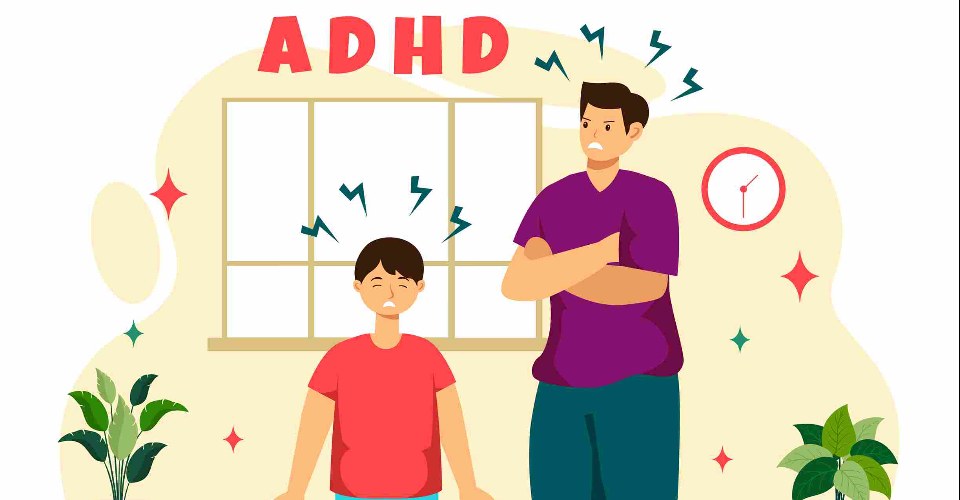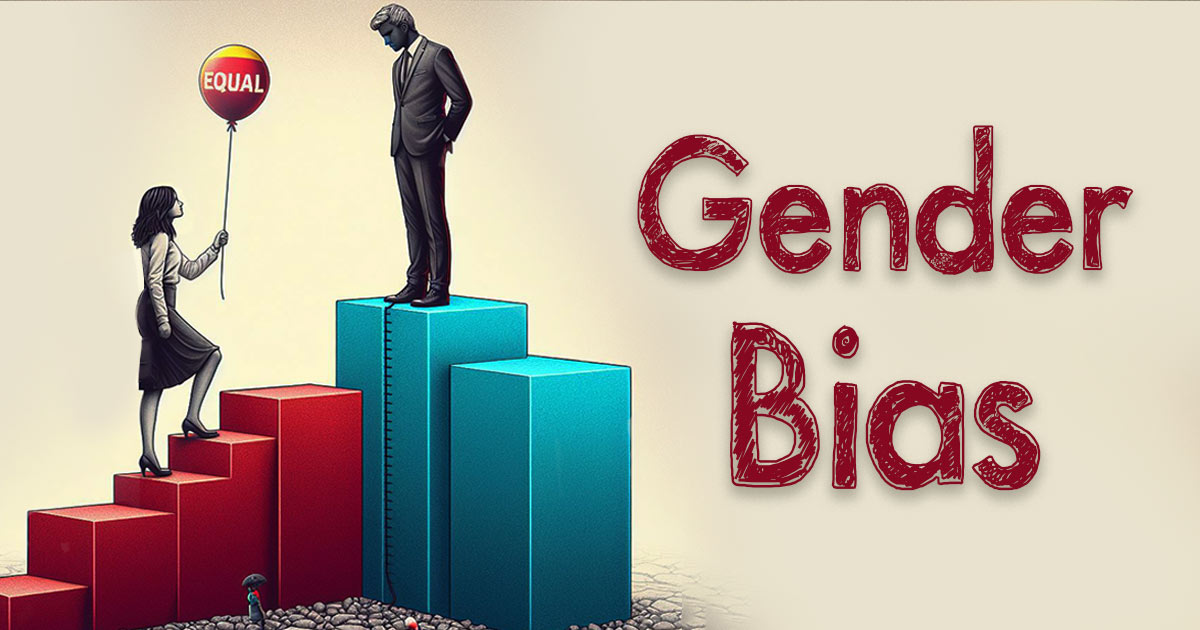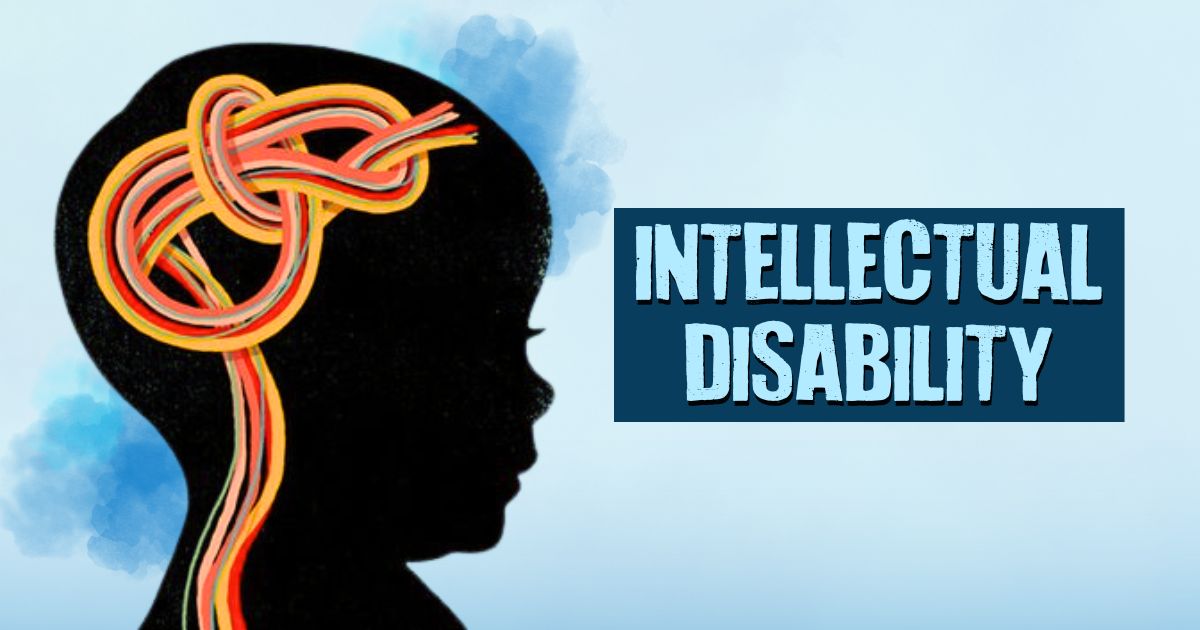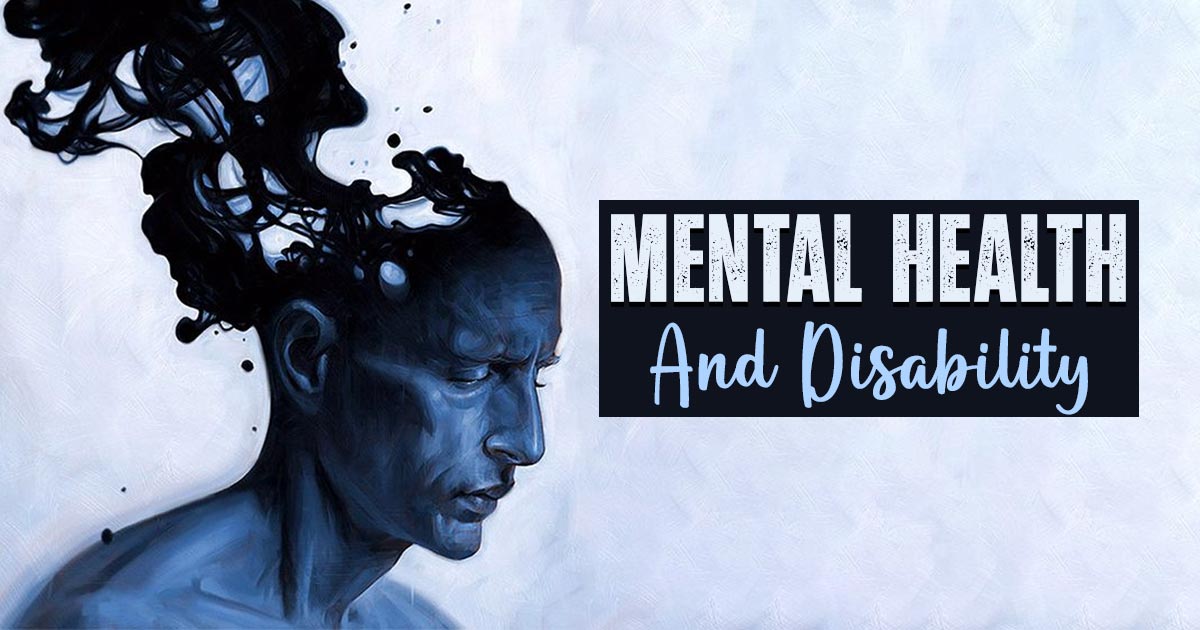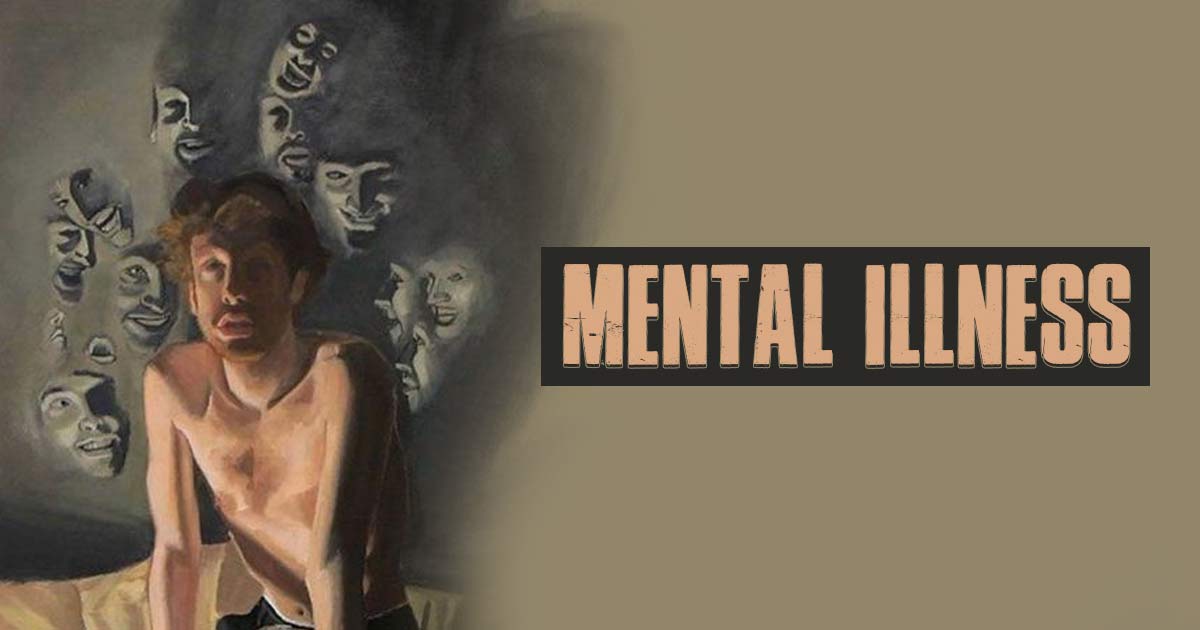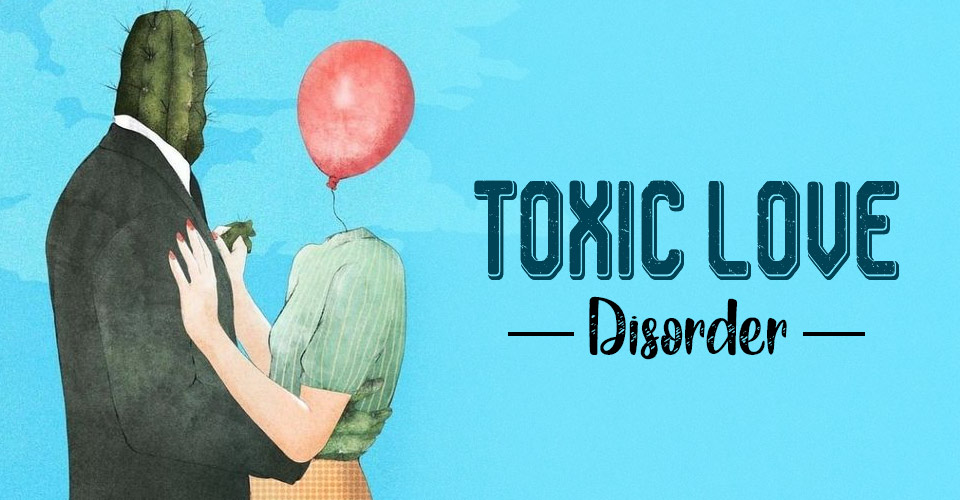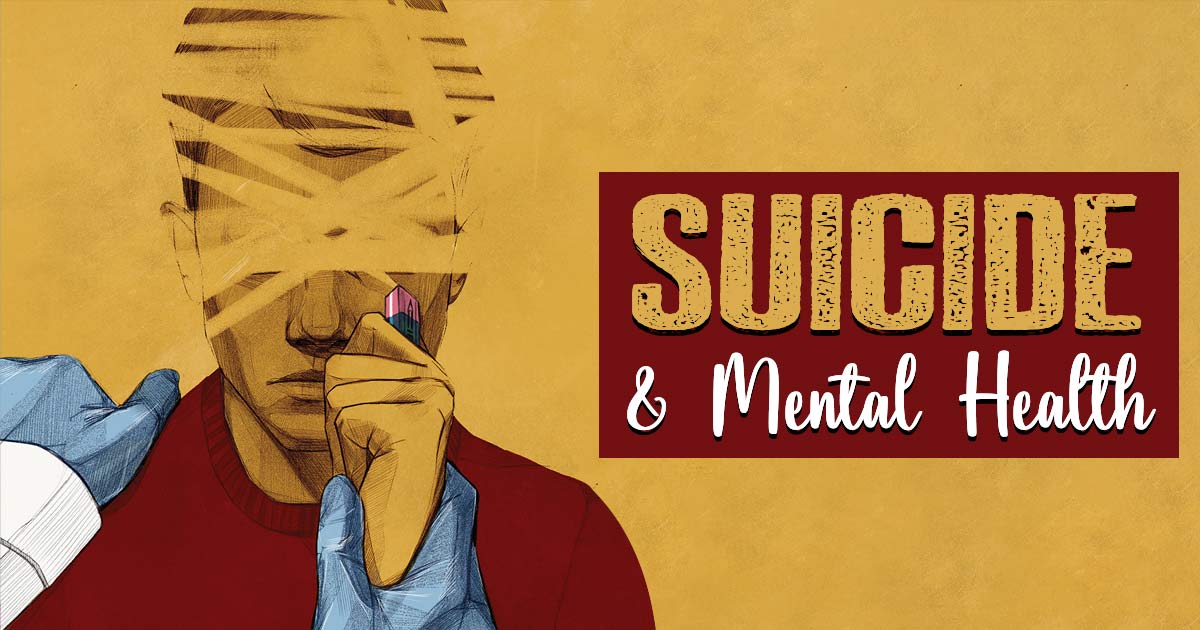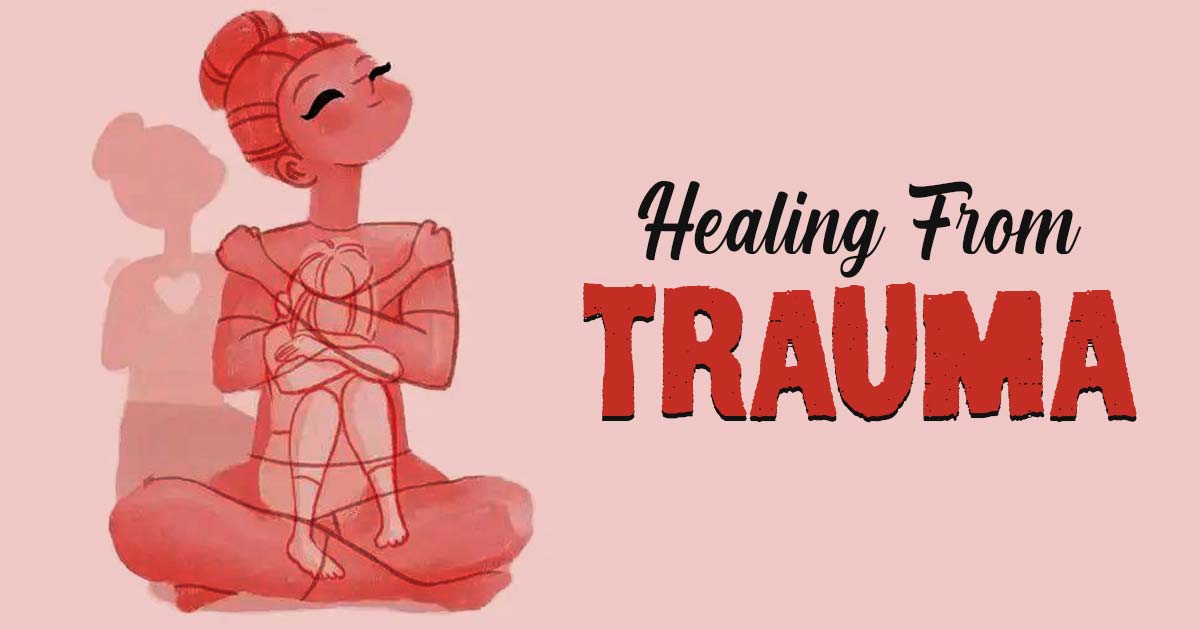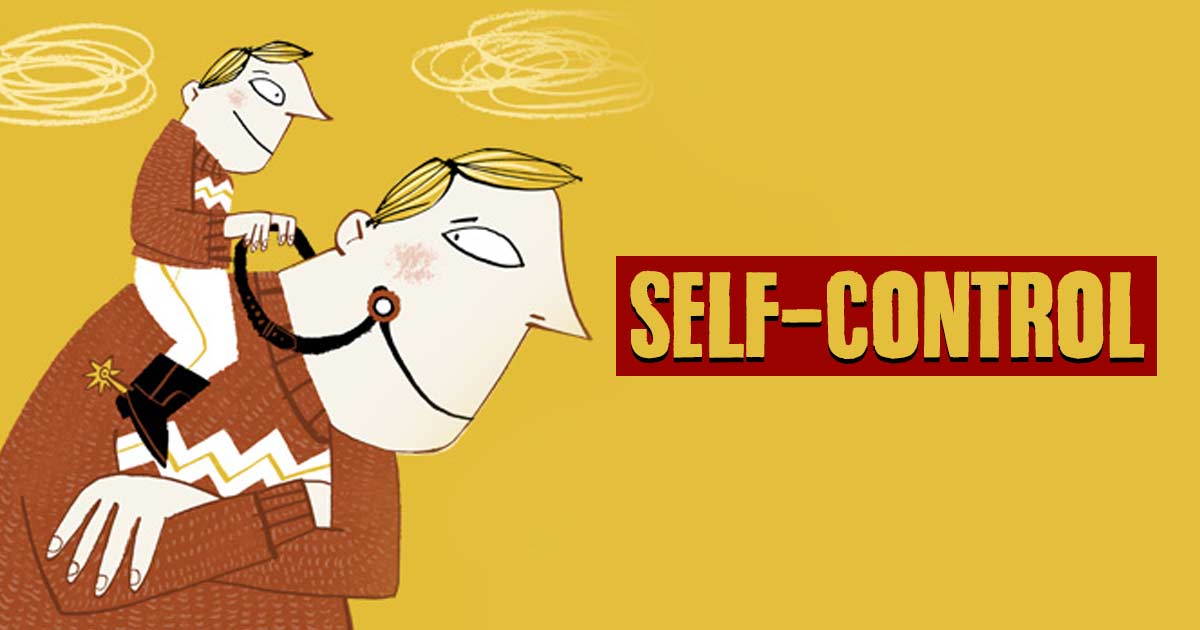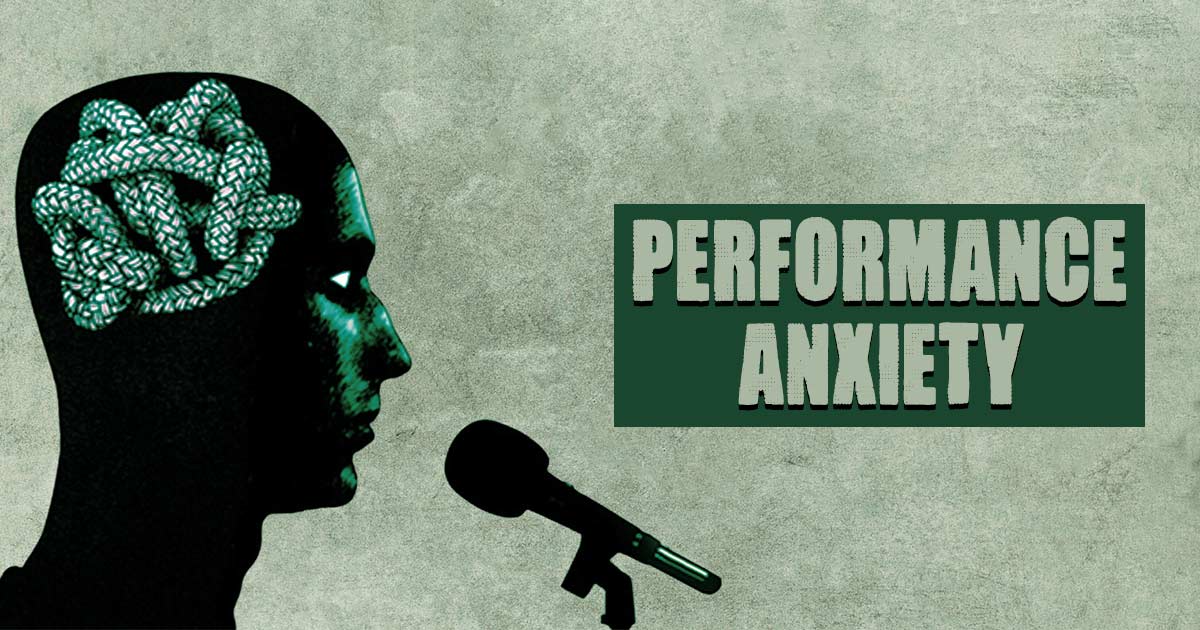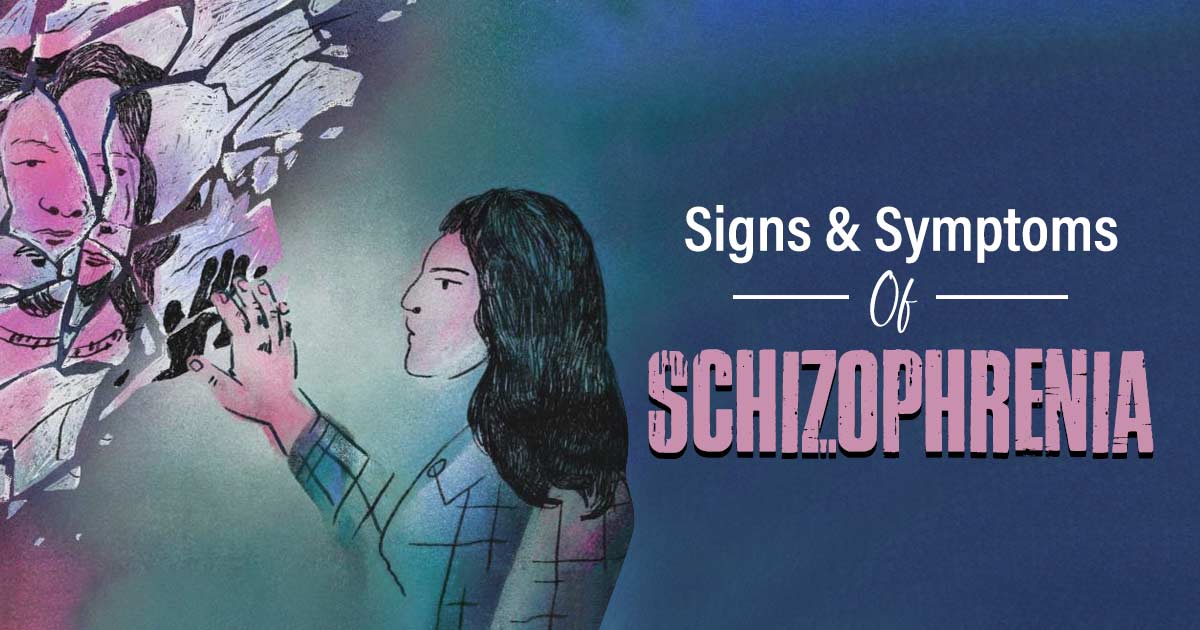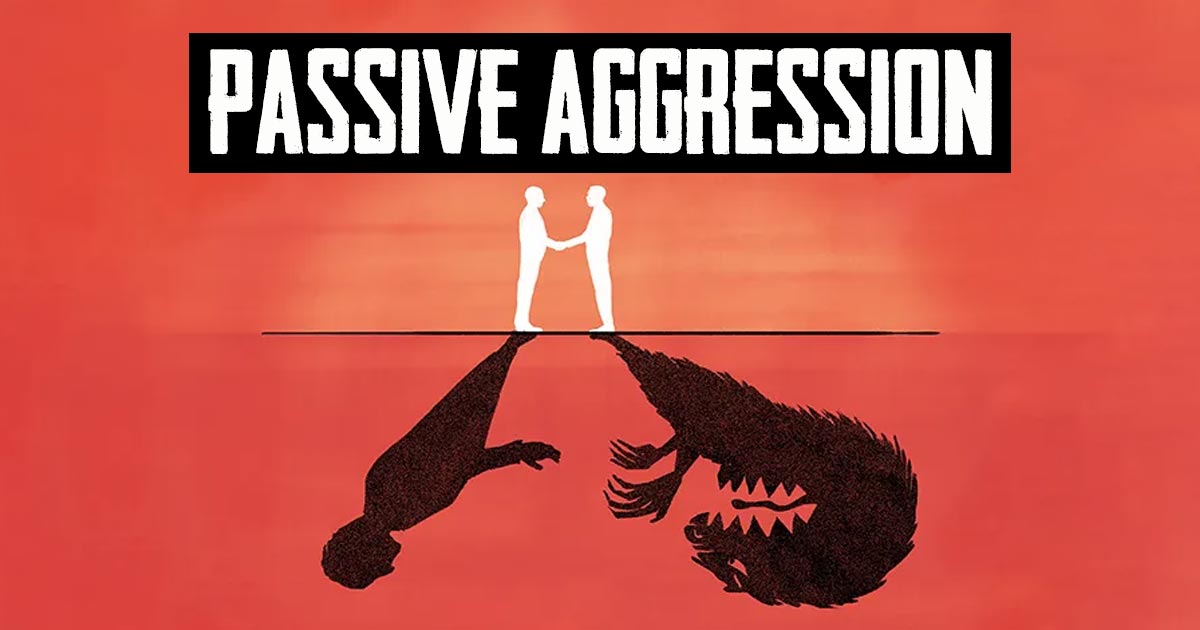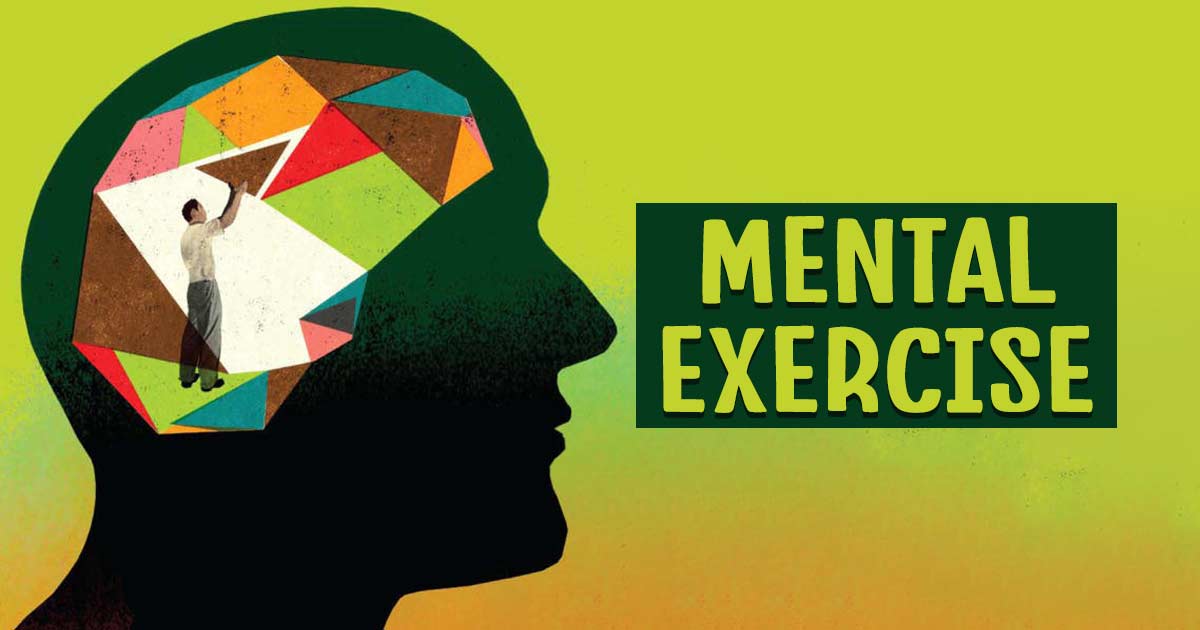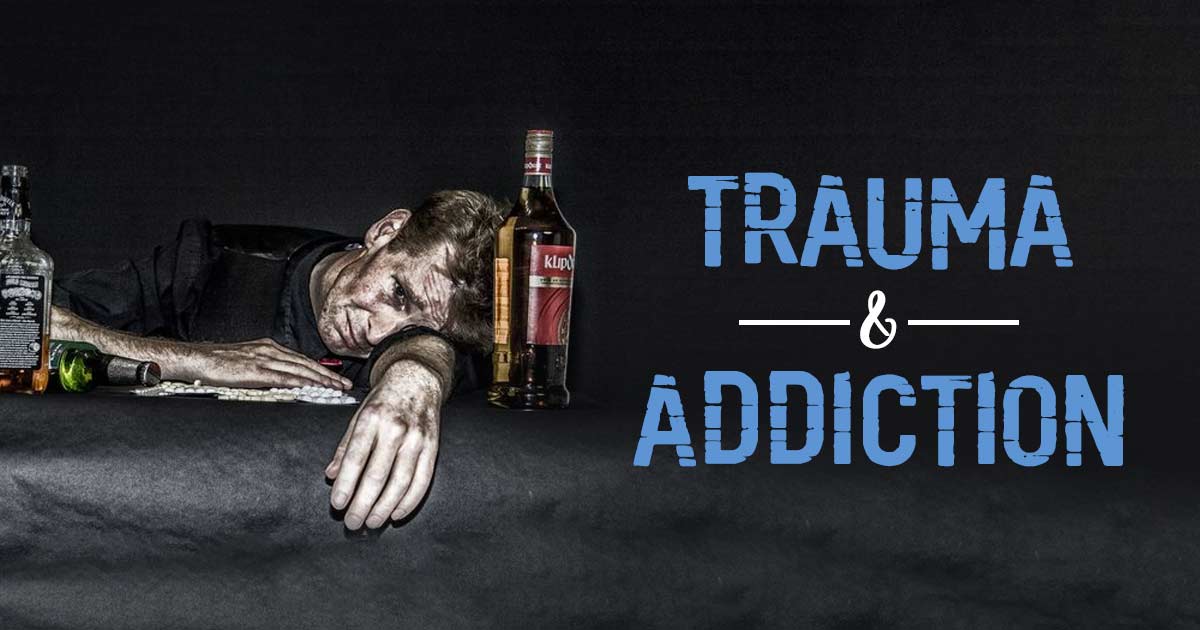Cheating, an act of dishonesty with widespread consequences, not only affects trust and relationships but also leaves a significant impact on mental health. Understanding how habits or experiences of cheating impacts emotional well-being is crucial in addressing its complex consequences.
What Is Cheating?
Cheating is an act of dishonesty, deception, or fraudulent behavior undertaken to gain an unfair advantage or achieve undeserved benefits in a particular context. It involves violating rules, norms, or agreements that govern a specific situation, leading to an unfair outcome for others involved.
In psychology 1 Knopp, K., Scott, S., Ritchie, L., Rhoades, G. K., Markman, H. J., & Stanley, S. M. (2017). Once a Cheater, Always a Cheater? Serial Infidelity Across Subsequent Relationships. Archives of sexual behavior, 46(8), 2301–2311. https://doi.org/10.1007/s10508-017-1018-1 , cheating is a behavior that can have far-reaching consequences on individuals and society. It often arises from complex psychological factors. For example, a student may cheat on an exam to avoid the fear of failure or to meet external expectations of success. Similarly, a person may undergo emotional cheating in a relationship to seek validation or excitement outside of a committed partnership.
Prevalence Of Cheating Behavior
Statistical data 2 Rabi, S. M., Patton, L. R., Fjortoft, N., & Zgarrick, D. P. (2006). Characteristics, prevalence, attitudes, and perceptions of academic dishonesty among pharmacy students. American journal of pharmaceutical education, 70(4), 73. https://doi.org/10.5688/aj700473 on cheating prevalence varies and is concerning. Research indicates possible gender differences, with males more likely to cheat in competitive settings and females more prone to relational cheating, but these differences can be influenced by various factors and may not apply universally.
Signs Of Cheating
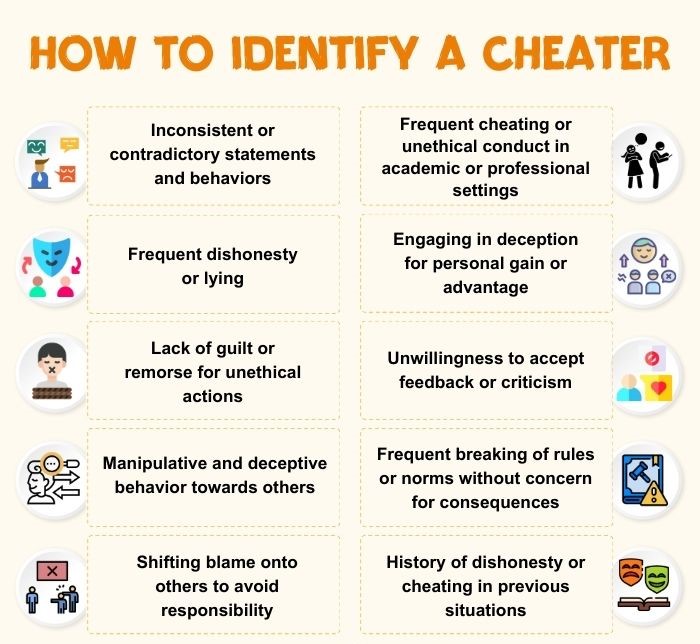
The common signs 3 Isakov, M., & Tripathy, A. (2017). Behavioral correlates of cheating: Environmental specificity and reward expectation. PloS one, 12(10), e0186054. https://doi.org/10.1371/journal.pone.0186054 of cheating include:
- Change in behavior, such as increased secrecy and defensiveness.
- Emotional distance and disengagement from the relationship.
- Decreased physical intimacy and affection.
- Overly protective of phones and devices, guarding them closely.
- Being secretive about their schedule and unexplained absences.
- Failing to account for their whereabouts during certain periods.
- Sudden changes in communication patterns, like avoiding calls or texts.
- Deflecting, becoming defensive, or avoiding direct discussions when confronted.
- Strong gut feeling or intuition that something is amiss.
- Unexplained expenses or financial discrepancies.
Read More About Behavioral Change Here
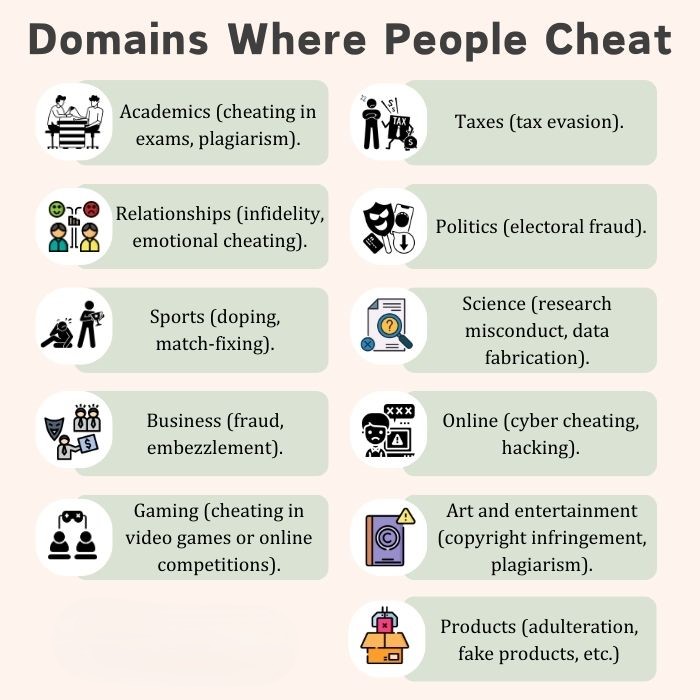
Why Do People Cheat?
Research 4 Miller B. (2013). On the analysis of cheating. The Journal of analytical psychology, 58(4), 530–546. https://doi.org/10.1111/1468-5922.12031 shows that people cheat for numerous reasons:
- Lack of satisfaction or fulfillment in the current relationship.
- Desire for novelty and excitement.
- Low self-control or impulse control.
- Seeking revenge or retaliation for perceived wrongdoings.
- Opportunistic behavior when presented with a chance to cheat.
- Low self-esteem or insecurity, seeking validation from others.
- An inability to resist temptation or peer pressure.
- Seeking an ego boost through wrongdoing.
Read More About Self-Esteem Here
Life Risks Associated With Cheating
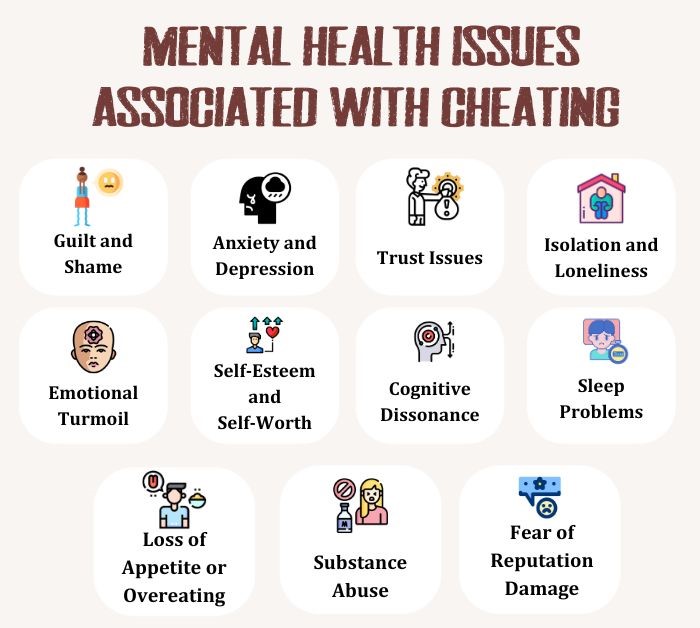
Several life risks 5 Amir, A., Kogut, T., & Bereby-Meyer, Y. (2016). Careful Cheating: People Cheat Groups Rather than Individuals. Frontiers in psychology, 7, 371. https://doi.org/10.3389/fpsyg.2016.00371 associated with cheating include:
- Damage to trust and intimacy in current relationship.
- Emotional turmoil and guilt for the cheater.
- Breakdown of the relationship and potential divorce.
- Financial consequences due to legal disputes or settlements.
- Social stigma and damaged reputation within the community.
- Loss of friendships or support networks.
- Negative impact on mental health, such as anxiety and depression.
- Physical harm or retaliation from the betrayed partner.
- Impact on children or family members involved.
- Legal repercussions in certain situations, like adultery laws.
Read More About Anxiety Here
Cheating And Mental Health
Cheating and mental health are inversely related, leading to various negative effects. Cheaters often experience overwhelming guilt and shame, along with increased anxiety and depression 6 Whisman M. A. (2016). Discovery of a Partner Affair and Major Depressive Episode in a Probability Sample of Married or Cohabiting Adults. Family process, 55(4), 713–723. https://doi.org/10.1111/famp.12185 due to the fear of being caught and the weight of deception.
Read More About Depression Here
This emotional turmoil can result in social isolation, as individuals may feel too ashamed to confide in others, leading to a decline in trust and difficulties forming healthy social relationships. These emotions can become overwhelming and difficult to cope with, leading to a downward spiral of negative thoughts and feelings.
Additionally, cognitive dissonance may arise from holding conflicting beliefs and values, adding to the emotional strain 7 Mao, A., & Raguram, A. (2009). Online infidelity: The new challenge to marriages. Indian journal of psychiatry, 51(4), 302–304. https://doi.org/10.4103/0019-5545.58299 experienced by cheaters. Sleep problems, changes in eating habits, and even potential substance abuse can further compound the mental health toll of emotional cheating.
Overall, the fear of reputation damage and a diminished sense of self-worth contribute to the complex and adverse effects of cheating on mental well-being.
Pathological Cheating
Pathological cheating, also known as compulsive or chronic 8 Seeman M. V. (2016). Pathological Jealousy: An Interactive Condition. Psychiatry, 79(4), 379–388. https://doi.org/10.1080/00332747.2016.1175838 cheating, is a behavioral disorder characterized by an uncontrollable and repetitive pattern of engaging in infidelity or dishonesty across various contexts.
Unlike occasional cheating, which may be driven by specific circumstances or temptations, pathological cheating is a compulsive behavior that becomes a pervasive part of the individual’s life, significantly impacting their relationships, work, and overall well-being.
Individuals with this condition often struggle 9 Ortigue, S., & Bianchi-Demicheli, F. (2011). Intention, false beliefs, and delusional jealousy: insights into the right hemisphere from neurological patients and neuroimaging studies. Medical science monitor : international medical journal of experimental and clinical research, 17(1), RA1–RA11. https://doi.org/10.12659/msm.881314 to resist the impulse to cheat, despite being aware of the harmful consequences. Pathological cheaters may experience a lack of satisfaction or thrill from their actions, leading to an ongoing cycle of deception and emotional distress for both themselves and those around them.
How Being Cheated On Affects Your Mental Health
Cheating, particularly emotional cheating, can have lasting effects on one’s mental health. The experience can trigger a range of intense emotions such as betrayal, anger, sadness, and low self-worth. It can erode trust in others and cause individuals to question their judgment and ability to form healthy social bonds.
Anxiety and depression may follow, accompanied by intrusive thoughts and difficulty concentrating. In cases of partner infidelity, some individuals may develop a fear of future romantic involvement 10 Rokach, A., & Chan, S. H. (2023). Love and Infidelity: Causes and Consequences. International journal of environmental research and public health, 20(5), 3904. https://doi.org/10.3390/ijerph20053904 or struggle to establish new connections due to lingering emotional wounds.
How To Deal With Cheating Behavior
Consider the following measures 11 Galil, A., Gidron, M., Yarmolovsky, J., & Geva, R. (2021). Cognitive strategies for managing cheating: The roles of cognitive abilities in managing moral shortcuts. Psychonomic bulletin & review, 28(5), 1579–1591. https://doi.org/10.3758/s13423-021-01936-7 on how to deal with cheating behavior:
- Verify the cheating incident and gather evidence if possible.
- Address the issue directly with the person involved.
- Involve appropriate authorities or supervisors if needed.
- Promote ethical behavior and a culture of honesty and integrity.
- Implement consequences or disciplinary actions as per policies.
- Offer support and resources for individuals facing external pressures.
- Educate and raise awareness about the negative impacts of cheating.
- Foster a fair and inclusive environment that discourages cheating.
- Provide opportunities for redemption and learning from mistakes.
- Establish clear guidelines and consequences for cheating.
How To Deal With Cheating Behavior In A Relationship
Consider the following measures 12 Parks-Leduc, L., Guay, R. P., & Mulligan, L. M. (2022). The Relationships between Personal Values, Justifications, and Academic Cheating for Business vs. Non-Business Students. Journal of academic ethics, 20(4), 499–519. https://doi.org/10.1007/s10805-021-09427-z on how to deal with cheating behavior in a romantic relationship:
- Confront the issue directly with your partner to understand their perspective.
- Take time for personal reflection and decision-making.
- Seek support from friends, family, or a therapist to process emotions.
- Set clear boundaries and expectations in the relationship.
- Consider couples therapy or counseling to work through challenges.
- Keep communication open to rebuild trust.
- Practice patience during the healing process.
- Reevaluate the relationship’s worth and commitment to change.
- Decide if forgiveness aligns with your emotional well-being.
- Prioritize self-care throughout the recovery journey.
Read More About Relationships Here
Takeaway
Cheating is a multifaceted issue with wide-ranging consequences, but with awareness, understanding, and support, individuals and relationships can navigate the challenges and move towards a healthier, more fulfilling future. By valuing honesty, empathy, and open communication, we can foster an environment where cheating becomes less likely, and emotional well-being can thrive.
At A Glance
- Cheating is an act of dishonesty that violates rules and norms to gain an unfair advantage.
- It can occur in various domains, including relationships, academics, sports, and business.
- Cheating and mental health are inversely related, leading to severe life risks and relationship issues.
- Pathological cheating is a compulsive behavior with significant consequences.
- Being cheated on can lead to emotional distress, anxiety, and difficulty forming new connections.
- Dealing with cheating requires open communication, self-reflection, and professional help.
Frequently Asked Questions (FAQs)
1. What is considered as cheating in a relationship?
Cheating in a relationship is considered as any act of dishonesty or betrayal that breaches the trust and commitment between partners.
2. Does emotional cheating count as infidelity in relationships?
Yes, emotional cheating is considered a form of infidelity in relationships as it involves forming an intimate connection with someone outside the committed partnership, even without physical involvement.
3. Is cheating on a relationship normal?
Cheating on a relationship is not considered normal or acceptable behavior, as it can lead to significant harm, trust issues, and emotional distress for both partners involved.


